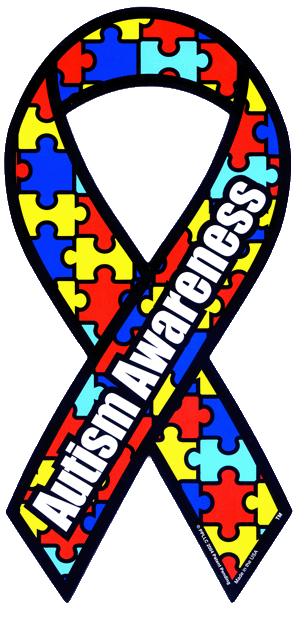By Kiara Mays | Published by April 13, 2018
With April being National Autism Awareness Month, it would only be fitting to share some information regarding the disorder that affects 1 in 68 children in the United States.
Although many have heard the term “autism” at some point, many do not know what the disorder fully encompasses. That being said, according to autism-society.org, autism or the full proper term, autism spectrum disorder (ASD), is a complex developmental disability that affects a person’s ability to communicate and interact with others. Signs of the disorder usually appear before the age of three.
ASD is defined as a “spectrum condition,” meaning that it affects individuals differently and to varying degrees. According to the National Autism Association, individuals with autism have challenges with verbal and non-verbal communication, social interactions, and leisure or play activities. Aside from that, individuals with autism often times suffer from other medical conditions which may include: allergies, asthma, epilepsy, sleeping disorders, etc.

Creative Commons.
A popular myth surrounding autism is that children simply “outgrow” the disorder, this is not true, however, it is treatable. While there is no known single cause of ASD, increased awareness and early diagnosis/intervention with access to the appropriate services and support can lead to greatly improved outcomes according to autism-society.org.
With that in mind, some early signs of ASD to look for in children include: lack of or delay in spoken language, little or no eye contact, lack of interest in peer relationships, lack of spontaneous or make-believe play, persistent fixation on parts of objects, and repetitive use of language and/or motor-mannerisms (e.g. twirling objects, hand-flapping).
A Few Facts & Stats on Autism
- Autism is diagnosed four times more often in boys than in girls.
- The prevalence of autism is not affected by race, region, or socio-economic status.
- No two people with autism are alike (it greatly varies from individual to individual).
- About 40% of children with autism do not speak; 25-30% of children with autism have some words at 12-18 months of age and then lose them; others might speak later on in childhood.
- Autism itself does not affect life expectancy.
- Children with autism do progress (early intervention is key).
- Autism is treatable, and is not a hopeless condition.
For more information on ASD, visit sites like NationalAutismAssociation.org, autism-society.org, or autismspeaks.org.
As a side, if you or someone you know is looking for a family activity that will be enjoyable for children and individuals with autism, according to cbsnews.com, Pennsylvania’s “Sesame Street” themed amusement park, Sesame Place, just became the world’s first amusement park designated as a certified autism center.

You must be logged in to post a comment.